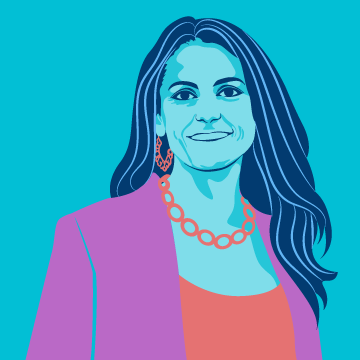- Video
Originalism and Uncovering Meaning
How do we determine the original public meaning of the Constitution? Professor Jennifer Mascott gives an overview of different ways we can conduct original public meaning analysis, including a relatively new approach: corpus linguistics, which informs our understanding of original public meaning by looking at the whole body, the whole corpus of language at the time. https://youtube.com/watch?v=iP2hXfxlyCY







